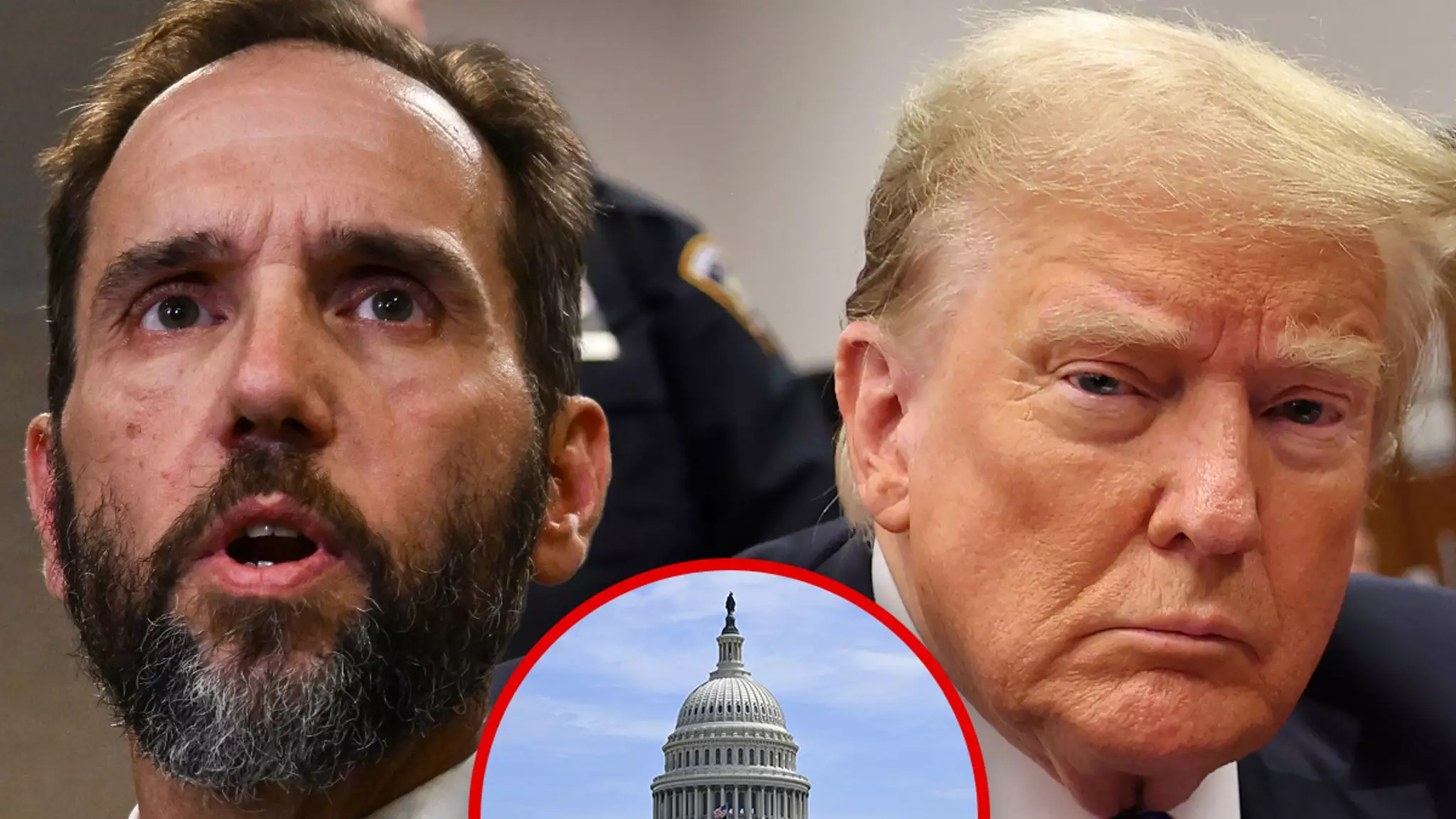In a significant development within the realms of U.S. legal and political landscapes, Special Counsel Jack Smith has proposed the dismissal of federal charges against President-elect Donald Trump related to the January 6th Capitol riots. This striking turn of events arises as Trump is poised to take office again, with Smith seeking to have the charges dropped on the grounds of the longstanding Department of Justice policy that generally prohibits the prosecution of a sitting president. Such a legal maneuver raises intriguing questions regarding the implications of presidential immunity and the boundaries of justice.
Initially faced with four felony charges, Trump’s legal complications stem from accusations that he endeavored to overturn the outcome of the 2020 presidential election. The charges include conspiracy to defraud the United States, conspiracy to obstruct an official proceeding, and attempts to obstruct justice, all of which are serious allegations reflecting attempts to undermine the electoral process. The case against Trump had already faced a halt as his legal team disputed the legitimacy of prosecuting a president, setting the stage for an unprecedented legal confrontation that challenges the balance between governance and legal accountability.
The crux of Smith’s argument ultimately hinges upon the historical interpretation of the Constitution regarding presidential immunity. By stating that the government’s stance on the nature of Trump’s alleged transgressions has remained constant, there emerges an intriguing paradox. The profound implications of a president facing criminal indictments while in office abound with complexity, as the DOJ has long maintained that a sitting president cannot be criminally prosecuted without jeopardizing the efficacy of governance.
In his motion to dismiss, Smith references the recent election results and Trump’s ascendance to the status of President-elect, which carries significant weight in legal discourse. Consequently, if the case were dismissed “without prejudice,” it leaves the door open for potential re-filing should circumstances shift again in the political arena—whether that be due to future actions taken by Trump or ongoing developments in legal scrutiny of the events surrounding January 6th.
The implications of this proposed dismissal extend beyond courtrooms into the heart of American democracy. As Trump prepares for inauguration amid ongoing investigations, issues of accountability, the rule of law, and the moral fabric of political office prompt critical conversations. Will this dismissal bolster Trump’s narrative of victimhood and persecution, or will it create a more profound push for accountability post-presidency?
As legal scholars and political analysts await further developments, the ongoing saga represents a pivotal moment. The intersection of law and political authority trails thick with complications, begging the question: How does a democratic society reconcile the pursuit of justice with the realities of presidential power? The next chapters in this unfolding story promise to define not only Trump’s legacy but also the very interpretation of presidential conduct in the context of legal oversight.

Leave a Reply